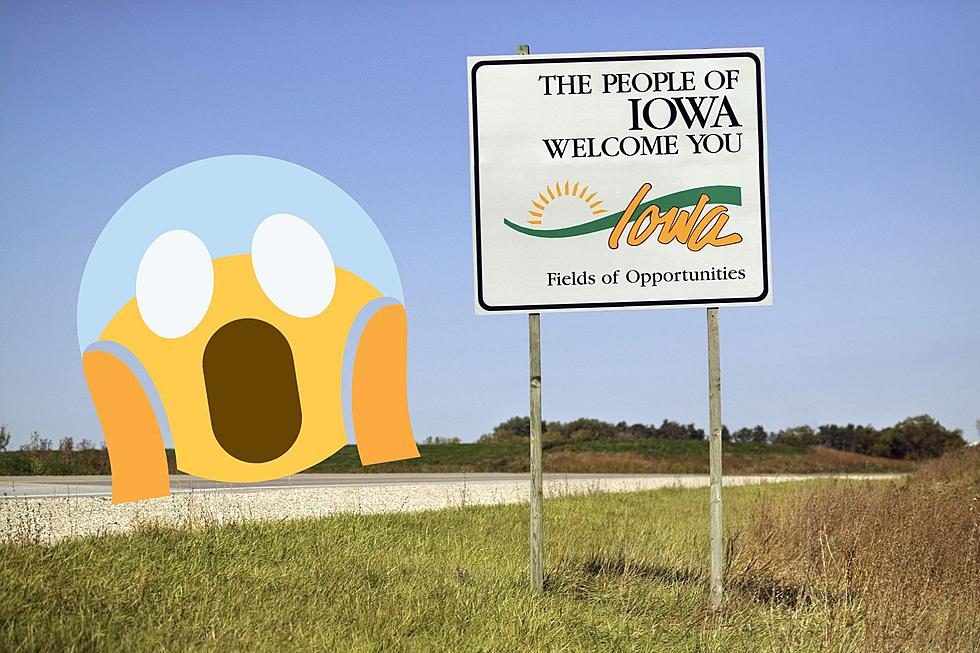
Should Parents Be Concerned About the ‘Momo Challenge’?
There's a very good chance that you have seen posts popping up on social media in the last few days warning people about the "Momo Challenge." The challenge is associated with a terrifying-looking sculpture that was created by Link Factory, a Japanese special-effects company, although the company has absolutely nothing to do with how the sculpture's photo is now being used on the internet. According to BBC, the sculpture started getting attention online back in 2016, and then last summer it started making the rounds again as the face of the "Momo Challenge." The article states:
"According to the false story, children are contacted on WhatsApp by an account claiming to be momo. They are supposedly encouraged to save the character as a contact and then asked to carry out challenges as well as being told not to tell other members of their family."
The "challenges" are supposedly related to self-harm and even suicide, with some sources even claiming that there have been deaths associated with it. One rumor is that it was linked to over 100 deaths in Russia, but BBC says, "the reports have not been corroborated by the relevant authorities." Snopes talks about another story regarding a suicide from a 12-year-old girl in Argentina, but "authorities in Argentina never did confirm that the girl’s suicide was encouraged by her participation in a viral 'game' rather than a real-life person." They also mention several other deaths that were potentially linked to the challenge, but there never seemed to be any clear confirmation. Some critics refer to "Momo" as an "urban legend" due to a small amount of evidence of actual interactions with the figure.
The most recent stories that I've seen circulating involve parents claiming that images of and messages from "Momo" have been appearing in YouTube videos designated for kids, like Peppa Pig and Fortnite. Here is a report posted by a new station in Utah this week:
There seems to be a bit of panic amongst parents because of these stories, but YouTube is claiming that the issue isn't as big as it seems. They put out a statement on their official Twitter account yesterday:
YouTube also retweeted a video from a popular YouTuber by the name of Philip DeFranco:
So what should parents do about "Momo?" Basically, just take more of an interest in your child's internet use and monitor what they're watching. BBC states:
"Police have suggested that rather than focusing on the specific momo meme, parents could use the opportunity to educate children about internet safety, as well as having an open conversation about what children are accessing."
If you'd like to read more on all aspects of the "Momo Challenge," Snopes put together a very extensive article that you can read HERE.
More From 94.1 KRNA




![Cedar Rapids Trampoline Park Adds a Cool New Feature [PHOTOS]](http://townsquare.media/site/675/files/2023/06/attachment-sz.jpg?w=980&q=75)
![Ashton Kutcher Shares Stories About Growing Up in Iowa [WATCH]](http://townsquare.media/site/675/files/2022/08/attachment-Ashton.jpg?w=980&q=75)

![22 Fun Places to Take Your Kids This Summer in the Corridor [GALLERY]](http://townsquare.media/site/675/files/2022/07/attachment-spare.jpg?w=980&q=75)

